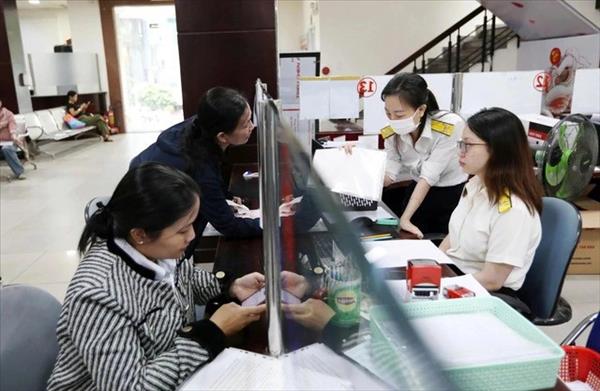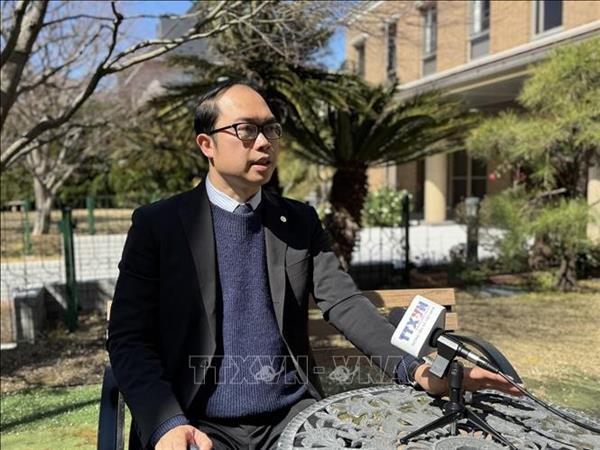The move followed a request from the Central Steering Committee on Natural Disaster Prevention and Control on the need to ensure the supply of clean water and environmental sanitation as well as proper management of medical waste at health facilities.
The facilities were ordered to put plans in place and prepare containers for storage of clean water, disinfectants for water treatment and ensure personal hygiene in accordance with the guidance of the Ministry of Health.
When storms and floods occur, health facilities need to regularly check and monitor the flood and environmental sanitation as well as waste management in the facilities. They should promptly set measures to ensure adequate supply of clean water for medical examinations and treatment activities as well as for the daily life of health workers, patients, and their relatives.
Containers for storage of drinking-water should be cleaned and disinfected before they are put into operation, the ministry said.
Disinfection solutions are recommended for medical wastewater while solid waste containers should be moved to higher ground.
The embalming and storing of corpses (if any) must be carried out in line with the ministry's guidance on funeral and cremation activities. In case smell is detected from the deceased body, it must be treated with antiseptic chemicals and sealed to avoid causing environmental pollution and disease outbreaks.
It was necessary to guide people to bury the corpse in higher ground or bring it to the crematorium as soon as possible.
The health facilities should organise clean-up activities both inside and outside facilities and away from waste storage and flooded areas right after the water recedes, the ministry said.
Flood health risks
Earlier, the Ministry of Health issued a disease warning in the aftermath of floods in the central region.
Floods can lead to a number of water-related diseases include acute diarrhoea, respiratory disease, eye and skin disease, dengue fever and increase the spread of COVID-19 pandemic, according to the Ministry.
Rain and flooding create ideal conditions for bacteria, viruses and pathogens to multiply and infect humans.
To prevent flood-related diseases, the ministry advised people to take proactive measures such as drinking boiled water and eating safe food.
People should store water safely in order to prevent it becoming a breeding place for mosquitoes. They are recommended to change water in vases and bowls on alternate days, remove water from flower pots on alternate days and turn over all water storage containers when not in use.
They are advised to use mosquito nets while sleeping even during daytime. They are also supposed to go to the nearest health facility when they have signs of diseases.
For the disease prevention, the Ministry assigned the National Institute of Hygiene and Epidemiology to help hospitals in Ha Tinh, Quang Binh and Quang Tri provinces while the National Institute for Occupational and Environmental Health will help Quang Tri and Thua Thien - Hue and the Nha Trang Pasteur Institute will help Da Nang and Quang Nam.
Leaders of medical centres were asked to prepare drugs, chemicals and means of transportation for emergency treatment.
In related news, Prime Minister Nguyen Xuan Phuc has ordered the supply of disinfectants for water treatment to central provinces which are hardest hit by natural disasters to prevent the outbreak of disease in the aftermath of the flood.
Quang Tri and Quang Nam will receive 1 million disinfectant tablets while Ha Tinh will get 1.5 million and Quang Ngai, 200,000./.
VNA/VNP

















